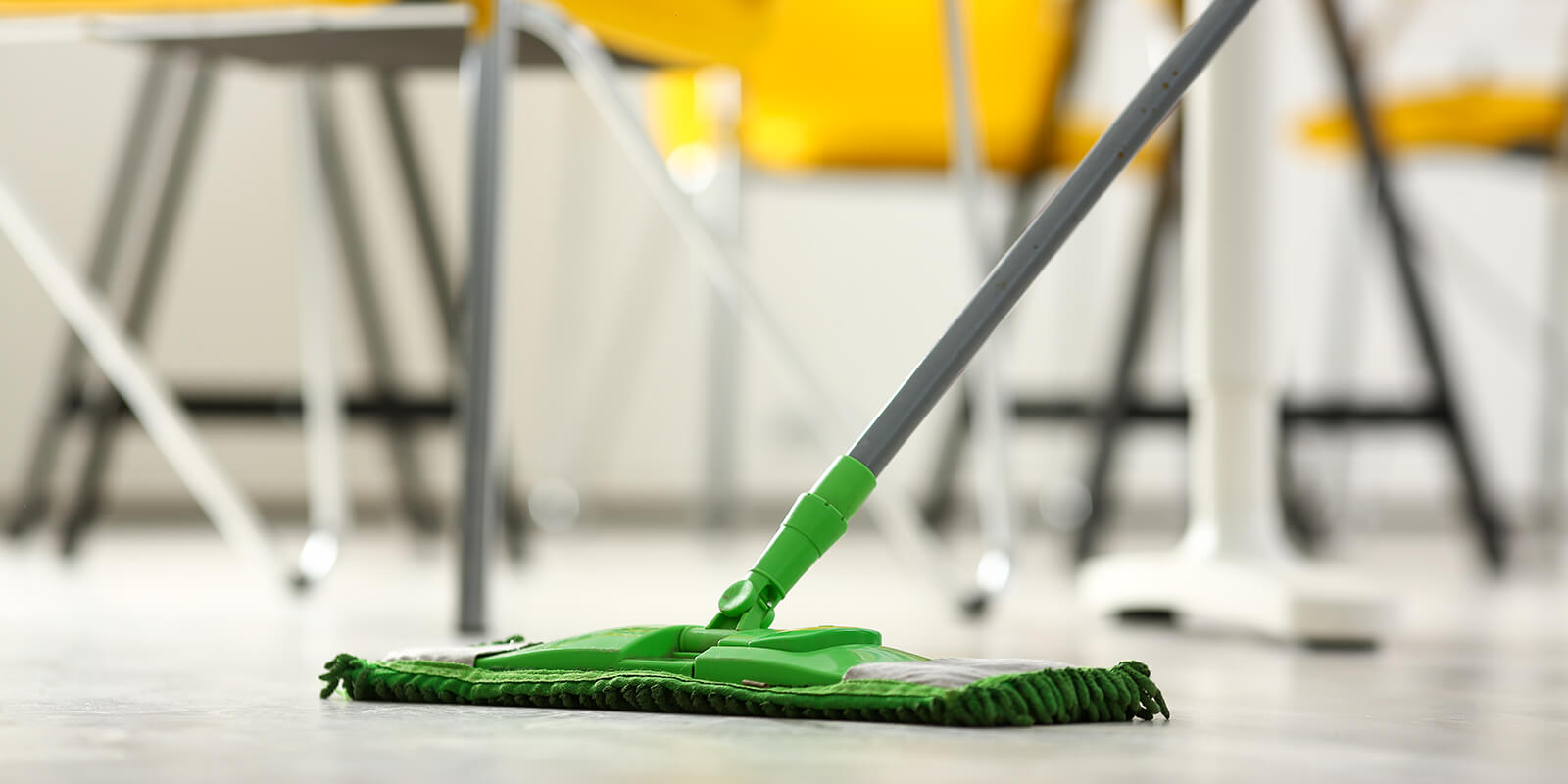
AFSCME members across the country are already seeing the benefits of the American Rescue Plan (ARP), the 1.9 trillion coronavirus aid package that President Joe Biden signed into law several weeks ago. One of them is Shirley Thomas, a school custodian in Duval County Public Schools in northeast Florida, and a member of AFSCME Florida.
“When the stimulus came along, it provided breathing room,” said Thomas. “It was very hard. When I first got back [to work], I had a lot of bills, but by the grace of God, I had help to get back on my feet.”
Thomas is referring to the $1,400 stimulus check she received, which was part of the ARP and proved to be a critical lifeline for her.
“My lights and everything were about to go out,” recalled Thomas. “The stimulus helped more than you know. The $1,400 helped me put everything back in the black.”
Thomas described the harsh choices she and people she knows have had to make throughout the pandemic: “A lot of women have to choose between the light and rent. A lot of women who have children – I’ve seen them lose their homes.”
As important as Thomas’s stimulus check was for her family, the ARP will have an even broader impact on AFSCME members. The landmark legislation provides urgently needed relief to working families across the country and funds the front lines. It contains nearly $700 billion to support public services, including $350 billion in flexible aid to states, cities, towns and schools.
AFSCME played a lead role in helping to make the ARP a reality. Members marshaled the power of their voice to elect the kinds of pro-worker leaders willing to fund the front lines, who recognize the great sacrifice that AFSCME members have been making throughout the pandemic. The more than 150,000 contacts AFSCME members made to their members of Congress is emblematic of the union difference.
The ARP’s passage means that workers like Thomas, who was furloughed last April and spent a month without work, can continue to work without fear of further layoffs or furloughs. They can continue to serve the communities they love. In Thomas’s case, that means assuaging the fears of parents who’ve sent their kids back to school.
“We are the first line of defense for the children,” said Thomas. “We wipe down [the school] every night while the kids are gone.”
Without the clean school that Thomas and other front-line school staff provides, there is no safe return to classrooms, no turning the page of the pandemic.
The union difference, according to Thomas, is felt not just in the sweeping benefits of historic legislation like the ARP, but in her day-to-day work.
From preventing unfair jobsite transfers to having a mechanism to earn better wages and work without fear of intimidation or harassment, Thomas says, “If you don’t have a union, you have no one to back you up. You got someone in your corner that’s for you.”
